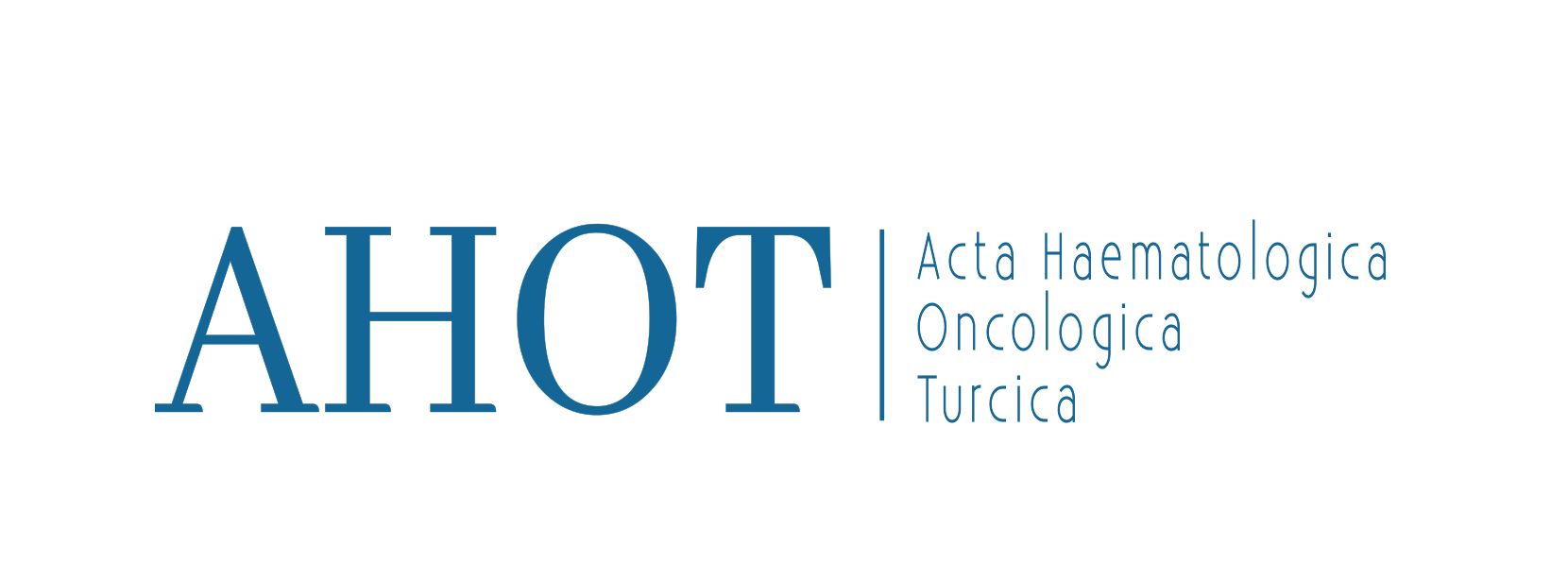Abstract
The efficacy of methotrexate (MTX), a widely used cytotoxic chemotherapeutic agent, is often limited by severe liver injury. Propolis is a natural bee product rich in polyphenolic compounds known for antioxidant activity. We investigated the protective role of propolis on MTX-induced liver injury in rats. Methods: Forty-eight Wistar Albino male rats were assigned equally into four groups: MTX group received placebo (distilled water) orally (for ten days) and a single dose of 20mg/kg MTX was administered intraperitoneally (on the seventh day). Propolis-MTX group received 100 mg/kg/day propolis extract orally (for ten days), and same dose MTX. Propolis group received 100 mg/kg/day propolis extract (for ten days), and equally volume physiological saline was administered intraperitoneally instead of MTX (on the seventh day). Control group received distilled water (for ten days), and also physiological saline was administered intraperitoneally (on the seventh day). Malondialdehyde (MDA) concentration, and superoxide dismutase (SOD), glutathione peroxidase (GSH-Px), and catalase (CAT) activity levels were determined in the homogenate of liver. Results: MTX increased liver MDA concentration and decreased the SOD, GSH-Px and CAT activity levels (p<0.001). The addition of propolis significantly decreased MDA concentrations and increased the GSH-Px levels in liver of the rats receiving MTX (p<0.001). There was numeric improvement SOD and CAT activity levels but it did not reach to the statistically significance (p>0.05). Conclusions: The MTX-induced oxidative stress was decreased by propolis, probably by its antioxidant components.



